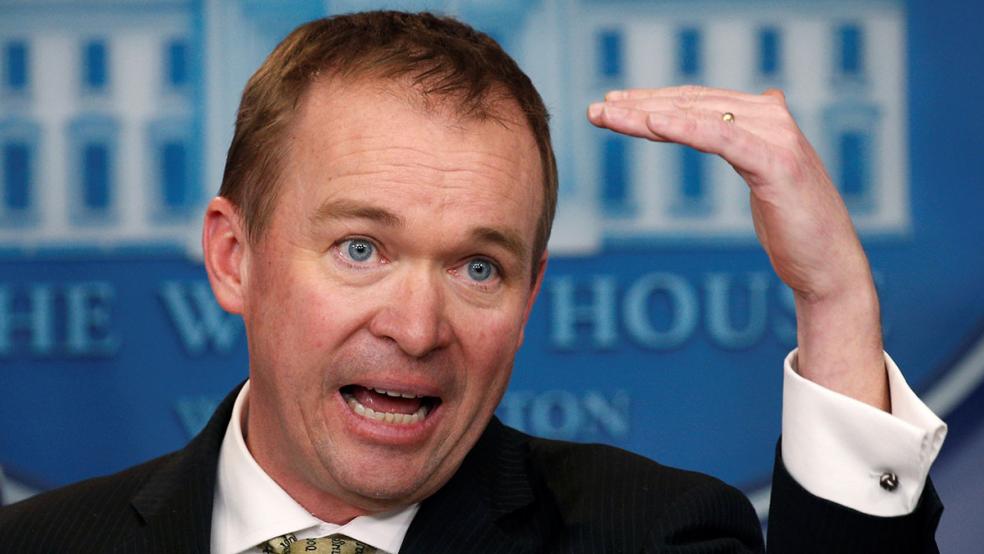If ever there was a campaign promise that rang bogus from the start, it was President Trump’s vow to wipe out the entire national debt – now inching close to $20 trillion – within eight years.
Trump made that promise last April during a wide-ranging interview with The Washington Post’s Bob Woodward and Robert Costa. When pressed by the reporters to explain how he would manage such a feat, Trump suggested he could retire the massive debt load in eight years through a series of unspecified spending cuts and renegotiated trade deals.
Related: Trump’s Fiscal Fantasy Eliminates $20 Trillion of National Debt in 8 Years
Trump might have been better off simply promising to slow the rate of growth of government spending and borrowing – a noble goal in the eyes of many deficit hawks and fiscal conservatives. Even that would have been difficult for Trump to promise considering his other campaign pledges to bulk up the military, slash corporate and individual tax rates and launch a $1 trillion infrastructure program.
Instead, Trump insisted that he could wipe out the national debt by the end of his second term – prompting many people familiar with government spending and borrowing policies to conclude that that Republican presidential frontrunner was utterly delusional.
In an interview today with John Harwood of CNBC, Trump’s White House budget director, Mick Mulvaney, acknowledged that the president had gotten carried away and set a goal that is simply out of reach.
Related: The Five Biggest Winners and Losers in Trump’s Fiscal 2018 Budget
“It's fairly safe to assume that was hyperbole,” said Mulvaney, the director of the Office of Management and Budget (OMB). “I'm not going to be able to pay off $20 trillion worth of debt in four years. I'd be being dishonest with you if I said that I could.”
Mulvaney, who is in the throes of negotiating a new budget with congressional Republican leaders and the arch-conservative House Freedom Caucus, said that any major initiative to downsize the debt at this point would entail sharp reductions in Social Security, Medicare, Medicaid and other entitlement programs. Trump isn’t prepared to undertake so politically risky a drive.
“The reason the president doesn't want to change some of the mandatory spending, is because the public's not ready for it yet,” Mulvaney said. “They're ready for economic growth.”





